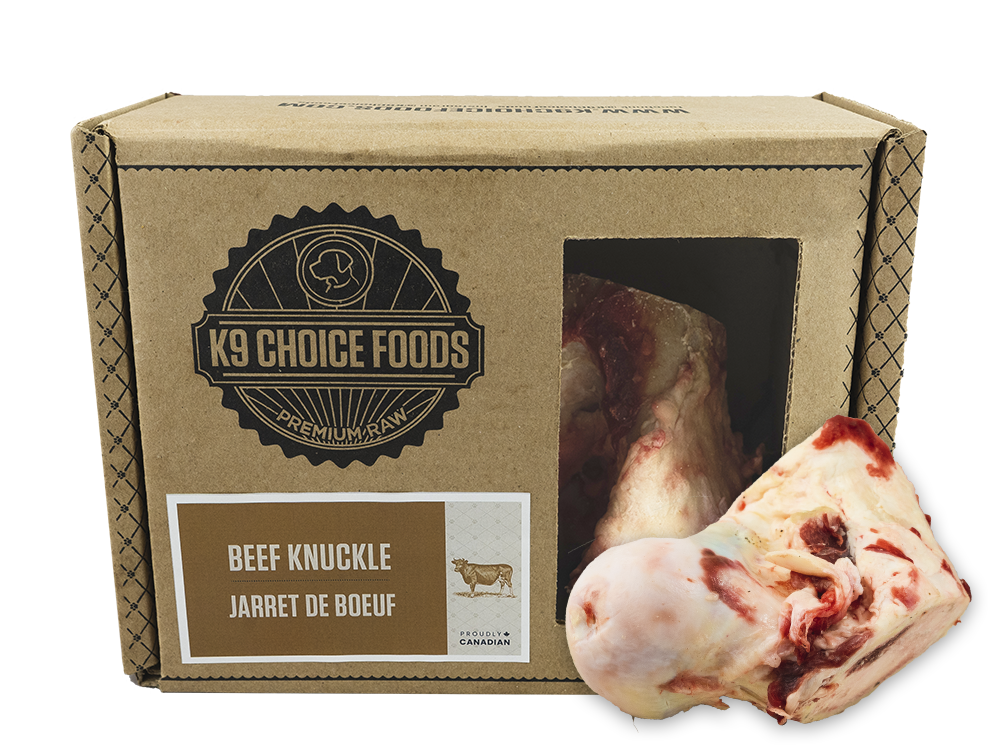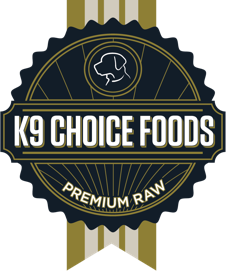Benefits of Bones

Whole Animal
Grass Fed
Horomone Free
Steroid Free
Grain Free
Edible Bones
Edible bones are a great way to mix it up for your furry friend and provide variety. These bones provide a longer mealtime your pet will work harder for, giving them not only a boost in calcium and minerals but a mental workout as well!
If you are feeding a large breed or multiple dogs you may find a decrease in feeding costs by incorporating a schedule that includes edible meaty bones. Chicken backs and necks bought in bulk provide large amounts of protein and calories at an affordable price.
Edible Bone Safety Tips
- Always observe your dog until you are comfortable with the ‘Type” of chewer they are. Some dogs can be overly aggressive and others will try and gobble the bone up so no one else can get I, this can cause choking or gaging.
- NEVER cook or serve your dog a cooked bone, cooking or bailing makes the bone brittle and makes it easy to splinter and cause injury

Recreational Bones
If you don’t brush your dog’s teeth with a toothbrush, you need another way to get the tarter off those teeth. Excess tartar build-up causes bad breath, cavities, gingivitis, and can lead to expensive teeth scaling and extractions that can only be performed by a vet. They also help your dog produce saliva that stimulate good digestive enzymes after a meal, just 10-15 minutes can do wonders! And the enjoyment they receive is an added bonus!
If your dog exhibits nervous tendencies like self-licking, scratching or anxiety issues a bone can be a great way to soothe them and help keep that energy focused in a good way. A good bone can be like a blanket for your baby, it will soothe and relax your best buddy and keep them busy for hours! Chewing also releases dopamine in your dog's brain, dopamine calms your friend and increases their happiness!
Dogs’ natural desire to chew on bones comes from the fact that they are carnivorous canines 99.9% similar to wolves. In the wild, wolves kill their prey and chew on bones—so dogs chewing on bones is only natural, compared to highly-processed and highly-chemical rawhide chews, bones are all-natural! This whole, unprocessed food works with dogs' bodies and doesn’t contain unnecessary chemicals or preservatives—the only preservative is the freezer!
Dogs naturally get lots of exercise, running, jumping and playing are all ways your friend gets his exercise BUT what about their mental workout? How do they take out their frustration, express their joy, show focused and determination…this all happens when chewing on a raw bone! Ever watch your dog chew? They seem to be mesmerized, at times, in a trance, this is the intense focus your dog has buried deep in his DNA, he used to spend hours if not days hunting for his food, the least we could do is provide him a quality bone to express his inner beast!
Bones are not only a great way to entertain or stimulate your pup but they provide added health benefits. In addition to providing many dental health benefits dogs will also get much-needed calcium from their bone chewing. They also offer a variety of minerals that will help keep your dog's skin soothed and his coat shiny! They also get a boost of glucosamine and chondroitin for healthy joints.
Recreational Bone Safety Tips
- Always observe your dog until you are comfortable with the ‘Type” of chewer they are. Some dogs can be overly aggressive, and others will try and gobble the bone up so no one else can get it.
- Once the bone has been chewed down to size your dog might be able to swallow take it away and replace (easiest way to get an old bone is to give a new one)
- NEVER cook or serve your dog a cooked bone, cooking or bailing makes the bone brittle and makes it easy to splinter and cause injury
